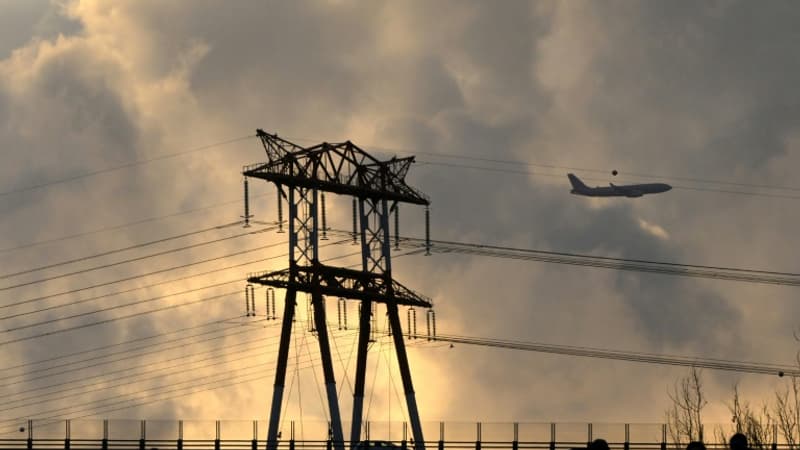French electricity for this winter is trading at much higher prices than with our neighbors. Uncertainties about the availability of EDF’s nuclear fleet, but also about hydraulic reserves, are in question.
Contracts almost twice as expensive as on the other side of the Rhine
French forward electricity contracts for the last quarter of 2023 are currently trading at €280 per megawatt hour (MWh) when they do not exceed €150 per MWh in Germany, the Netherlands or Belgium.
For Italy, the contracts are listed at 176 euros per MWh on the European energy exchange, while in Austria, the most recent prices are around 166 euros for the same period. These contracts, purchased by energy providers, will be used to supply homes and businesses.
For the first quarter of 2024, electricity contracts for France amount to 367 euros per MWh, also significantly higher than among its neighbors. If the situation can improve as prices change daily, for Nicolas Goldberg, energy partner at Columbus Consulting, the price difference between French contracts and those from other countries is “justified”.
Certainly more expensive than elsewhere, French futures contracts for this winter are far from the astronomical sums they fetched in 2022 when concerns over a potential electricity shortage weighed on the country. Last summer, winter futures prices peaked at €1,840 per MWh.
Why does French electricity cost more?
“The market anticipates that France will have to import” this winter, explains Nicolas Goldberg. If, in general, France imports electricity during the coldest months of the year, it is, instead, to a large extent an exporter in summer. However, for next winter, the market expects the country to be “very importing”, he says.
By sourcing more from its neighbors, the market is betting “that the interconnections will become saturated,” explains Nicolas Goldberg. EU member countries exchange electricity through a market made up of electrical networks that are interconnected.
The All Europe site defines an interconnection more precisely as a “transmission line that crosses or crosses a border between Member States and that connects the national transmission networks of the Member States of the European Union”. Specifically, these are cables that connect the different European countries to each other and that allow the exchange of energy.
France, a large importer, saturated interconnections… But why is the market anticipating these difficulties? According to Nicolas Goldberg, “concerns weigh on the availability of the French nuclear park” and, to this, are added the uncertainties about hydraulic stocks – a source of energy that can be activated very quickly – threatened by drought.
21 reactors closed
EDF, in charge of the 56 reactors of the French nuclear park, no longer produces as much nuclear electricity as before and the difficulties seem to accumulate instead of being resolved.
The government recently asked the power giant to turn its electricity production around after a black year 2022 that saw it drop to its lowest level in 30 years at 279 terawatt hours.
This Friday, 21 nuclear reactors under maintenance were closed, among other things, due to corrosion problems and aging infrastructure.
Source: BFM TV


